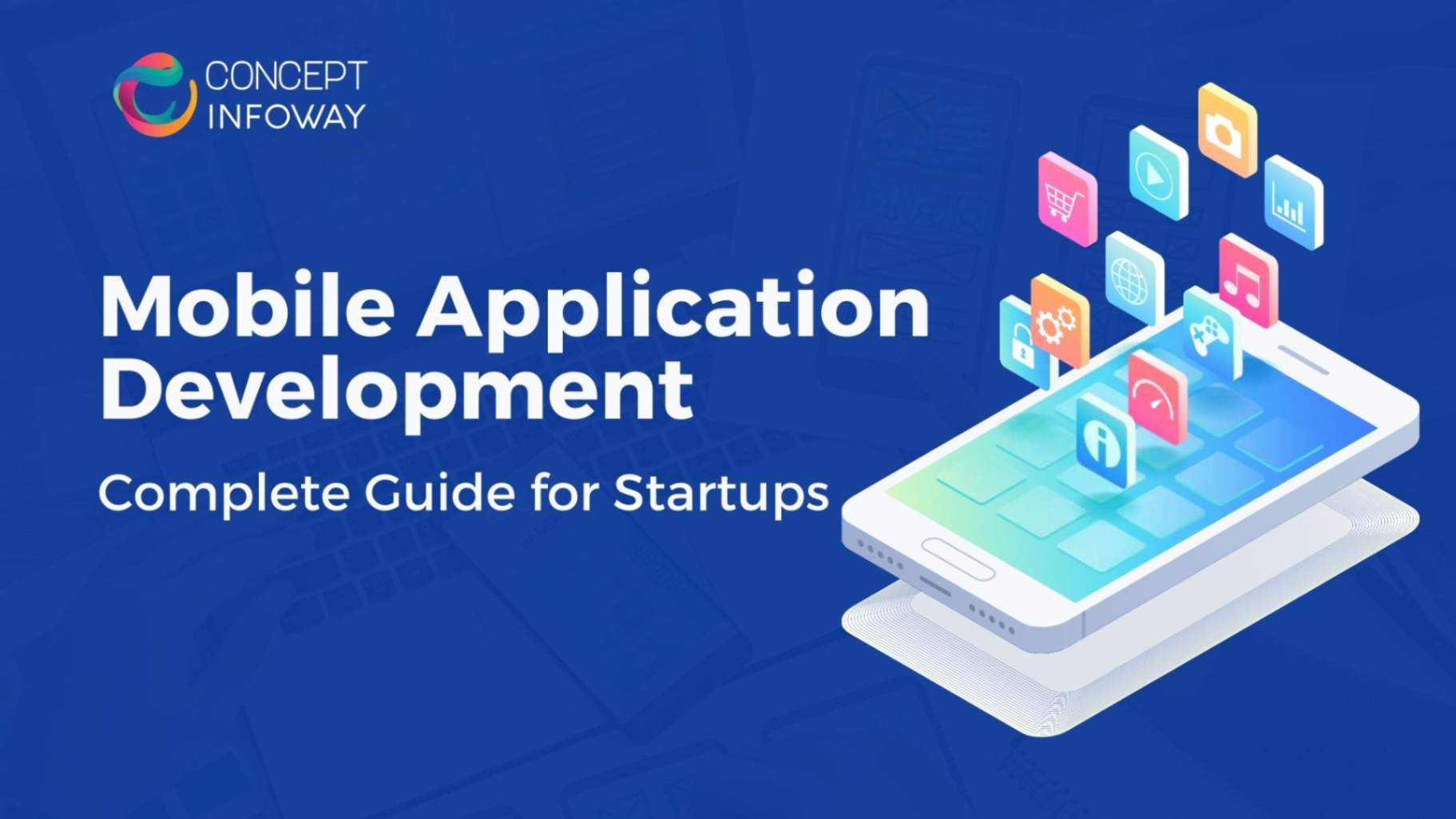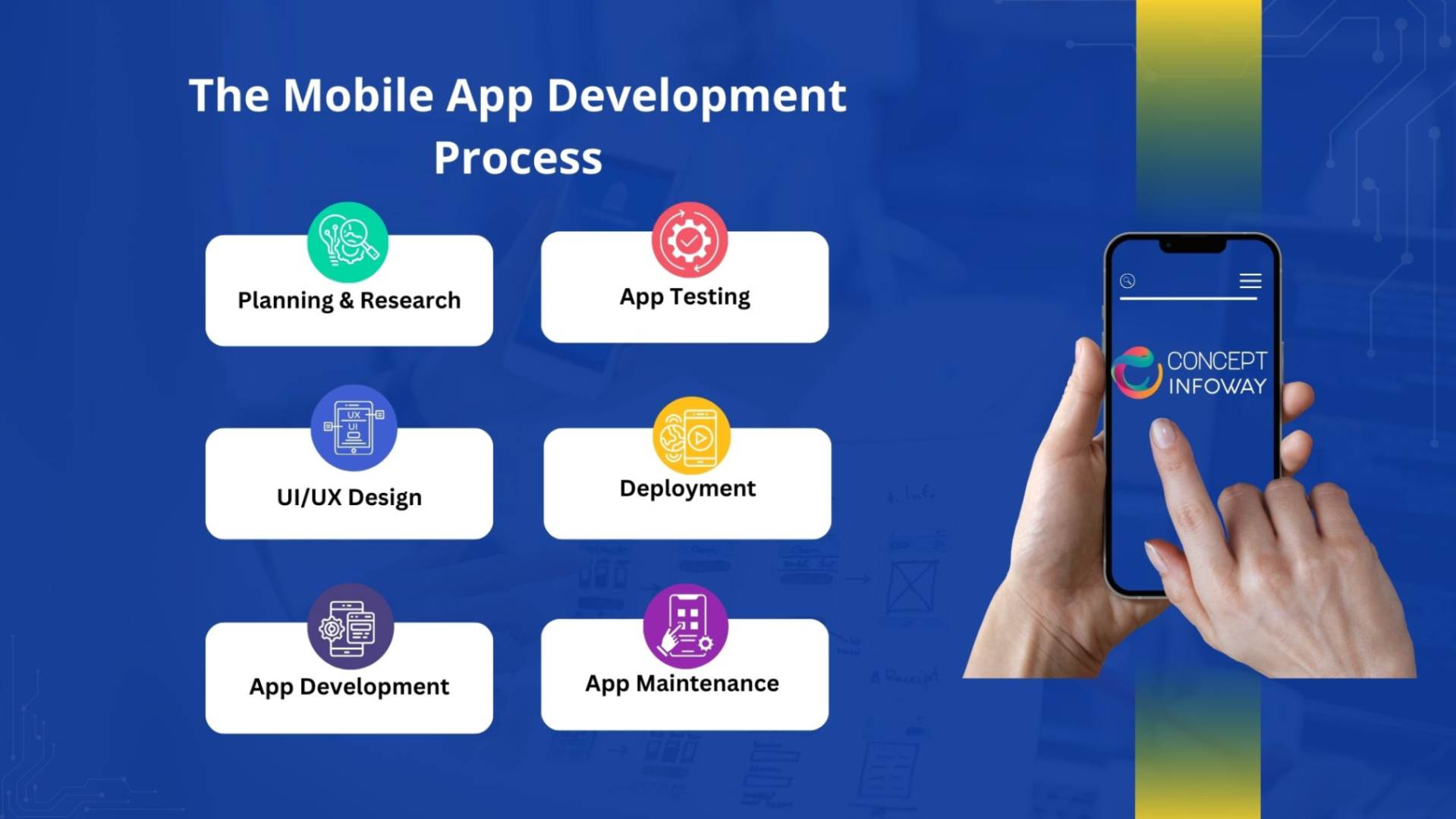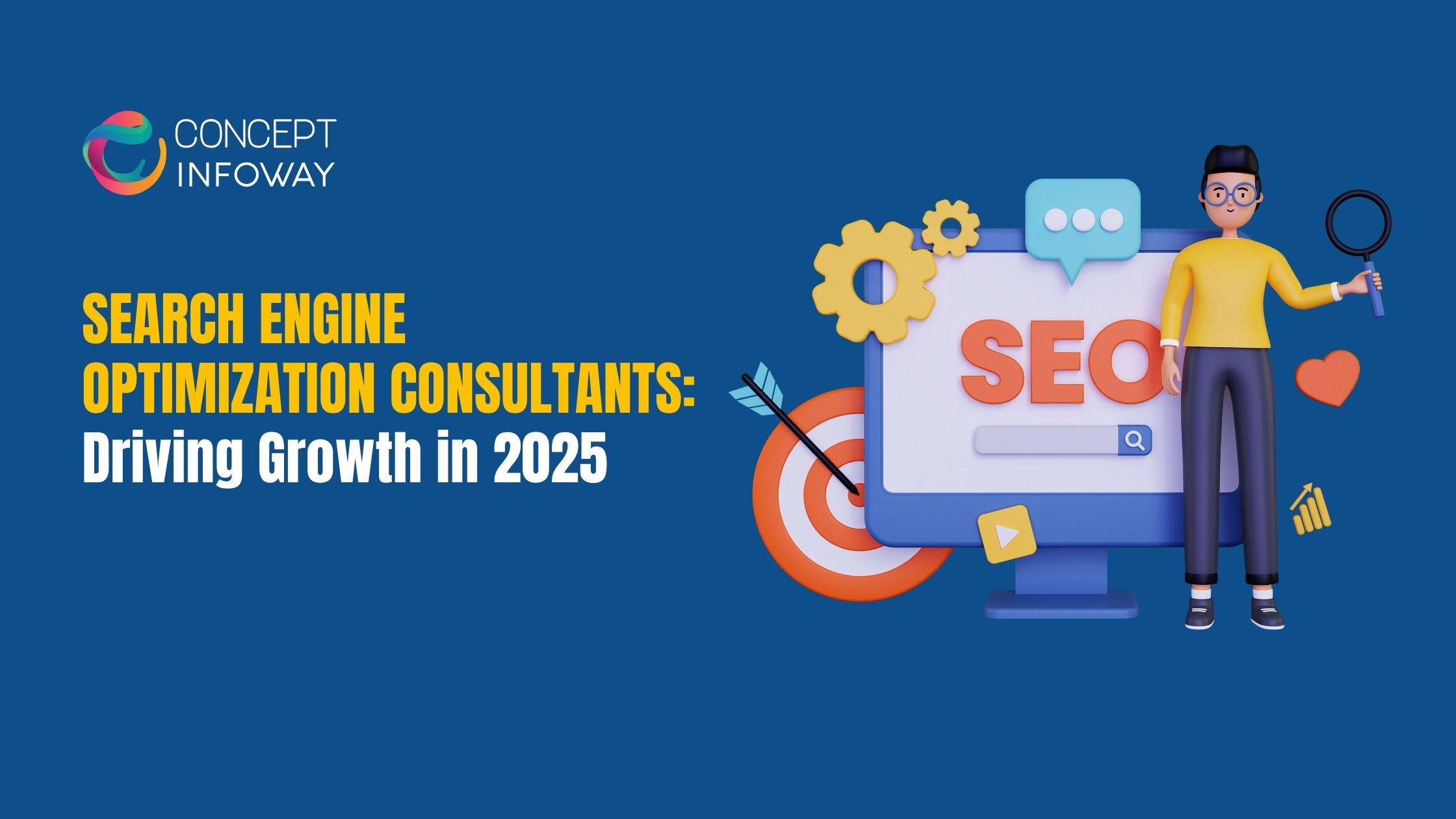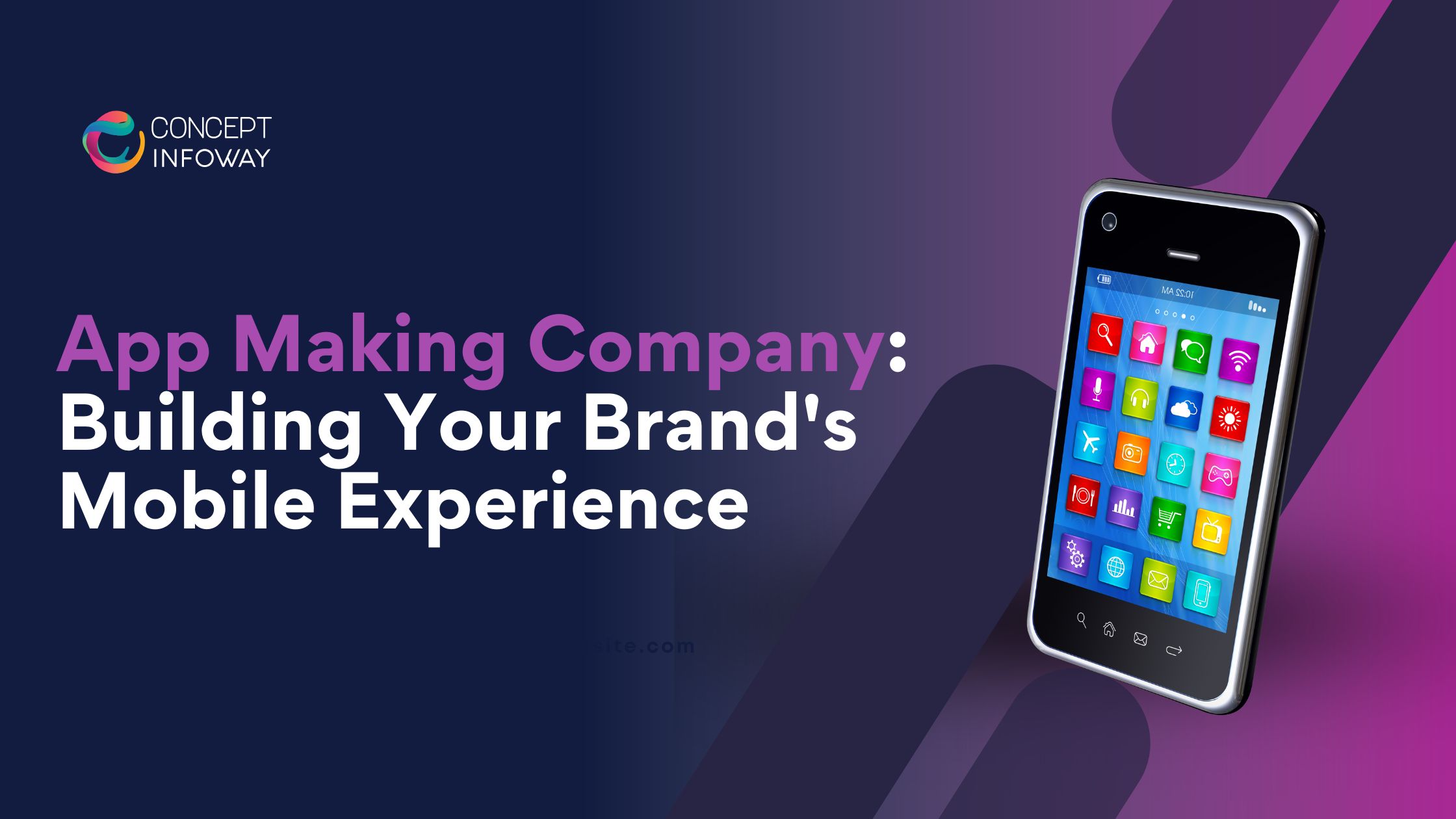
Complete Guide to Mobile Phone App Development for Startups
With the rapid growth of digital technology, mobile phone app development has become a key element of business strategies. Startups, in particular, are increasingly turning to mobile phone app development as a way to stay competitive, engage their target audience, and scale efficiently. If you’re a startup entrepreneur looking to venture into the world of mobile apps, understanding the app development process, costs, and how to choose the right partners is crucial. This guide will walk you through everything you need to know about mobile phone app development, ensuring your startup’s app is not only functional but also successful in the market.
Why Startups Need a Mobile App
For startups, building a mobile app can be a game-changer. Today’s customers expect brands to meet them where they are—on their mobile devices. By investing in mobile phone app development, startups can provide an improved customer experience, create new revenue streams, and gain a competitive edge. Here’s how a well-built app can help:
Enhanced User Engagement
Mobile apps offer a direct communication channel with users, facilitating better engagement through push notifications, personalized offers, and more. Unlike websites, apps are accessible at the touch of a button, making it easier for customers to interact with your brand whenever they want.
Brand Visibility
An app helps keep your brand at the forefront of customers’ minds, especially with home screen icons and regular updates. A well-designed app can serve as a constant reminder of your brand, even when users are not actively using it.
Better User Experience
Mobile apps can offer faster, more intuitive interactions compared to websites, making them a preferred option for users. The mobile app environment also allows for offline functionality, which can make a significant difference in usability in areas with poor internet connectivity.
Scalability
With the right development strategy, your app can evolve and grow alongside your business, adding new features and improving performance as needed. Whether your goal is to expand globally or introduce new services, a scalable app ensures your business is future proof.
Key Factors to Consider Before Starting Mobile Phone App Development
Before diving into the technicalities of mobile phone app development, it’s essential to have a clear plan. There are several key factors to consider:
Define Your Goals
Start by outlining the objectives your app is meant to achieve. Are you looking to improve customer engagement, boost sales, or streamline internal operations? Clear goals will guide the app development process and help you measure success. Having specific goals can also help you determine the core features of the app that will drive the highest ROI.
Defining your goals early on will help you communicate your vision more effectively to your mobile app development agency and ensure alignment throughout the development process.
Know Your Target Audience
Understand your target users, their needs, pain points, and preferences. Knowing who your audience is will help you design an app that provides real value and meets user expectations. A clear understanding of your audience will allow you to tailor the user experience and interface (UI) to meet their specific requirements.
Engaging your audience during the initial phases of app development, such as through surveys or beta testing, can provide valuable insights that shape your final product.
Market Research
Analyse your competition. Research other apps in your industry, their features, and their user reviews. This will help you understand what’s already available in the market and identify opportunities for differentiation. A strong competitive analysis will also reveal market gaps and user frustrations, giving you a competitive edge.
Keep an eye on emerging trends in mobile app development and consider adopting new technologies or innovative features that will set your app apart from others in the market.
Budget and Timeline
App development costs can vary widely depending on the complexity of the project, the platforms you’re targeting, and the features you need. Set a realistic budget and timeline to avoid delays and cost overruns. Keep in mind that building a quality app often requires a substantial investment, but focusing on the essential features can help you stay within your budget.
Additionally, consider working with a mobile app development company that can advise you on cost-effective strategies, such as developing an MVP (minimum viable product) for initial testing.
Hire Mobile App Development Agency?
Get a Free QuoteThe Mobile App Development Process
The mobile phone app development process is complex and involves several stages. Below is a step-by-step breakdown:
Planning & Research
The first step is thorough research. During this phase, you’ll identify the app’s core functionality, user flow, and features. Engaging a mobile app development agency can help you refine your ideas and translate them into a practical, actionable plan. This phase involves creating user personas, defining key performance indicators (KPIs), and establishing a clear roadmap for the app’s development.
A detailed plan ensures that your team is aligned and reduces the risk of scope creep or feature bloat during the development process.
UI/UX Design
The design phase is crucial as it affects the user experience. A seamless and intuitive design ensures that your app is easy to navigate and visually appealing. Consider both user interface (UI) and user experience (UX) design to create an engaging product. The UI is the visual aspect of the app, while UX focuses on how users interact with it.
A well-thought-out design will help increase user retention and satisfaction, leading to positive reviews and higher conversion rates.
App Development
The core of mobile phone app development is coding. Depending on your needs, you can opt for:
Native Development: Developing separate apps for iOS and Android. Native apps provide better performance but require more time and resources.
Cross-Platform Development: Using frameworks like React Native or Flutter to build one app that works on both platforms. This option can reduce development time and costs.
Choosing the right development approach depends on your budget, timeline, and desired functionality. For startups with limited resources, cross-platform frameworks can be a practical solution.
App Testing
Testing ensures that your app functions smoothly without bugs or crashes. Rigorous testing on multiple devices is essential to ensure the app works well under different conditions. Testing also includes ensuring the app’s performance, security, and usability.
Regular testing throughout the development cycle will help identify issues early, reducing the cost and time spent on fixes after launch.
Deployment
Once your app is ready, it’s time to deploy it to the app stores (Google Play for Android and the Apple App Store for iOS). This step involves preparing the necessary assets (like screenshots, descriptions, etc.) and ensuring compliance with store guidelines. The approval process can take several days to weeks, depending on the app store’s review policies.
After deployment, ensure that your marketing strategy is in place to drive downloads and user engagement from day one.
Maintenance & Updates
Post-launch, continuous maintenance is vital. Regular updates and bug fixes ensure that your app remains compatible with new OS versions, addresses user feedback, and introduces new features. Maintenance is often an ongoing process that keeps your app relevant and competitive in the market.
Additionally, gathering feedback from users and monitoring app analytics will help identify areas for improvement and optimization.
Also Read: Unlock New Revenue Streams: Cross Platform Mobile Development
Choosing the Right Mobile App Development Company
Finding the right mobile phone app development company can make or break your startup’s app. Here are some factors to consider when choosing a development partner:
Experience and Portfolio
A reputable mobile phone app development company should have a strong portfolio of successful projects. Review their previous work to see if their style and expertise match your requirements. Look for companies that have worked with startups and understand the unique challenges that smaller businesses face.
An experienced agency will also provide helpful advice on features, design choices, and strategies for reducing costs and time.
Expertise in Your Industry
While any mobile phone app development company may have the technical skills, it’s important to choose one that understands the unique challenges and requirements of your industry. Industry-specific knowledge helps in delivering a tailored solution that meets both your business goals and user expectations.
If possible, look for a mobile phone app development company that has worked with businesses in your field, as this will ensure they have the required experience to address industry-specific issues.
Client Reviews and Testimonials
Check online reviews and client testimonials to gauge the company’s reliability, communication, and ability to deliver on time. A company with strong reviews and a solid reputation is more likely to provide a smoother development experience.
Testimonials from past clients can give you insight into how the company collaborates and manages challenges during development.
Technical Skills
Ensure the company has expertise in the latest app development technologies, such as Swift for iOS, Kotlin for Android, or React Native for cross-platform apps. In addition, the team should be experienced with the full app lifecycle, from design and development to deployment and maintenance.
Choosing the right technologies can significantly impact your app’s performance, scalability, and future updates.
Communication and Support
Effective communication is key to a smooth development process. Choose a mobile phone app development agency that offers excellent support throughout the project and after launch. Effective communication ensures that your vision is understood and implemented correctly.
Look for agencies that provide regular updates, transparent reporting, and a collaborative approach to the development process.
Best Mobile App Development Technologies
The success of your mobile app depends on the technologies used to build it. Here’s a quick overview of popular technologies used in mobile phone app development:
Native Development
Native apps are developed specifically for iOS or Android. Technologies like Swift (iOS) and Kotlin (Android) are commonly used for native apps. Native apps generally offer superior performance and smoother user experiences but can be more costly to develop.
Cross-Platform Development
Frameworks like React Native and Flutter allow developers to write code once and deploy it on both iOS and Android, reducing time and cost. Cross-platform apps are ideal for startups aiming to reach a larger audience quickly and efficiently.
Hybrid Apps
Hybrid apps use web technologies like HTML, CSS, and JavaScript, wrapped in a native container. They can be a cost-effective solution for simple apps but may not offer the same performance and flexibility as native or cross-platform apps.
Why Concept Infoway is the Best Mobile App Development Company
When it comes to selecting the right mobile app development company for your startup, Concept Infoway Pvt Ltd is an ideal choice. With a proven track record of delivering high-quality, innovative mobile apps across various industries, they are known for their expertise in both native and cross-platform app development. Their team of experienced developers, designers, and project managers work collaboratively with clients to create customized mobile solutions that align with business goals and user needs. With a focus on scalability, performance, and user experience, Concept Infoway ensures that your app is built to succeed in a competitive market, making them a trusted partner for startups looking to turn their app ideas into reality.
Frequently Asked Questions – FAQs
On average, development takes 3-6 months for basic apps and up to 12 months for more complex features.
Not necessarily. Cross-platform development frameworks like React Native allow one app to work on both iOS and Android.
The process includes planning, UI/UX design, development, testing, deployment, and post-launch maintenance.
Look for a company with relevant experience, a solid portfolio, and a clear understanding of your industry. Concept Infoway has proven success in developing high-quality mobile apps for startups.
Common technologies include Swift and Kotlin for native apps and React Native and Flutter for cross-platform apps.
Absolutely. With billions of users on smartphones, mobile app development remains highly profitable when done strategically. Concept Infoway LLC specializes in mobile phone app development that drives user engagement and opens new revenue streams for businesses across industries.
Popular technologies include Swift for iOS, Kotlin for Android, and cross-platform frameworks like Flutter and React Native. Concept Infoway LLC uses these tools to deliver custom mobile phone app development solutions that are scalable, fast, and built to perform.
In today’s mobile-first world, mobile phone app development is crucial for startups looking to scale and stay competitive. By following the steps outlined in this guide, you can navigate the complexities of app development, choose the right partners, and launch an app that resonates with users. Whether you’re building the app in-house or working with a mobile app development agency, remember that the right strategy, tools, and mindset will make all the difference in your app’s success.
Take the first step towards your mobile app journey today and explore how a mobile phone app development company can help bring your vision to life!


